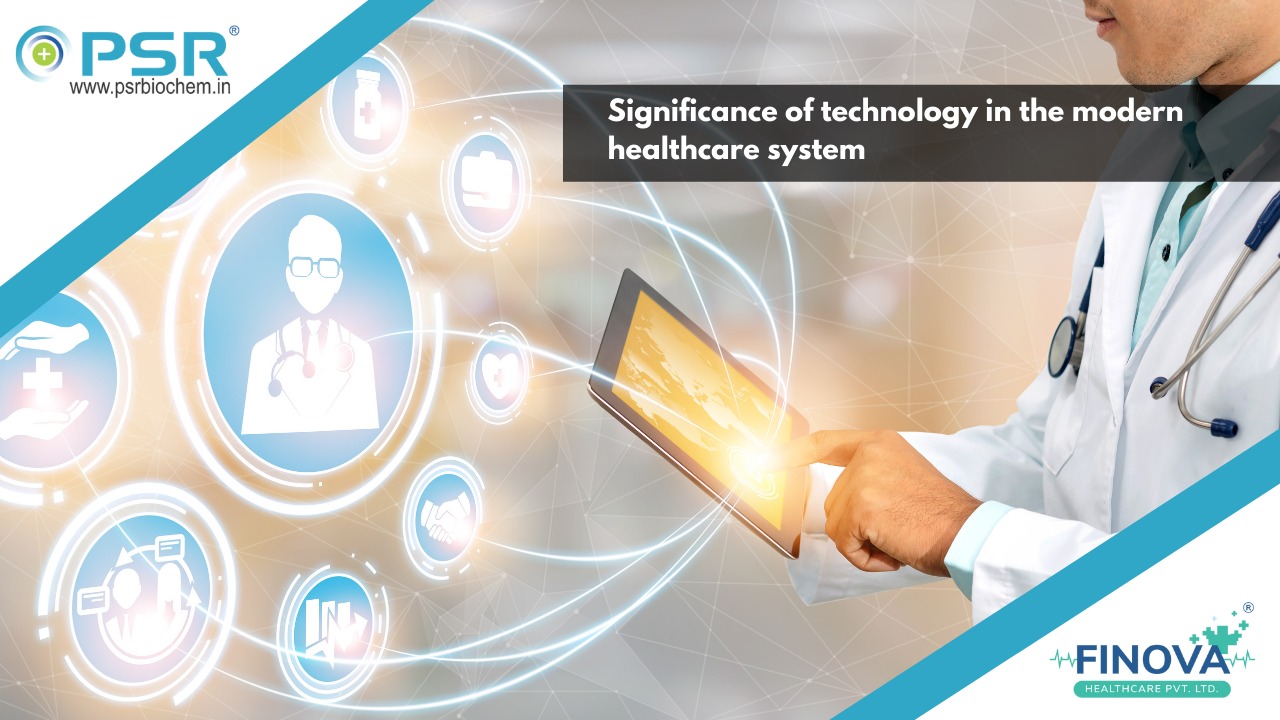
Technology and the world
The healthcare system has undergone enormous improvement in the previous 70 years, both in terms of medicine and treatments, all of this has been made possible by technological advancement. Technology is the means via which the world advances in every other aspect; it is being used in numerous facets of the medical industry, from transporting patients to hospitals to researching vaccinations for world-ending viruses.
To fully comprehend the function of technology in the current healthcare system, everyone must first comprehend the holes in the system that technology is filling to make it what it is today. So let's go back in time to a time when technology wasn't all that sophisticated.
Healthcare system without technological advancements
One may argue that it was a lack of information rather than a lack of technology that led to so many mistreatments in the past, but when you think about it, knowledge and technology go hand in hand. Technology enables information to take effect and be appropriately applied among the general people. A Stethoscope is one of the most extensively used pieces of technology that was created in the past. Did you know before the introduction of the stethoscope, physicians would listen to patients by laying their ears directly on their chest, which might be unpleasant for female patients. René Laennec (France) designed and utilised the first stethoscope in 1816.
So, in the absence of technology, many mistreatments have persisted throughout history, and a few of them are listed below.
How technology is enhancing the healthcare system
Technology not only helps in hospitals, but it also aids in the development of medications and the study of diseases to combat them. In the present culture, technology is making the healthcare system more efficient, and the introduction of more advanced technologies is expected in the coming year. Let's get a deeper look at some of these key technologies.
In-vitro diagnostics (IVD)
IVDs have been an important element in diagnosing disorders and diseases using blood and other body fluids; they also aid in monitoring patients' health and prescribing treatment and medication. It has grown in popularity among hospitals and laboratories all over the world because of its efficiency, cost-effectiveness, and ability to identify ailments at an early stage.
Artificial Intelligence
Recently, the phrase "artificial intelligence" has been thrown around in the healthcare industry, and people are getting the wrong notion about it, which can lead to confusion. What artificial intelligence is truly doing is leveraging machine learning algorithms and software to duplicate human cognition in the processing, presentation, and interpretation of complex medical and health care data.
When these new technologies are deployed, they will not only benefit individuals but will also assist healthcare professionals in making better diagnoses and providing better treatment more efficiently.
What to look forward to?
With greater advancements in the sector, you may anticipate life expectancy to rise in the coming years, as well as a better knowledge of diseases that were previously difficult to treat. It will also help to save many more lives by revolutionising the healthcare industry. FINOVA Healthcare Pvt. Ltd. is one of the emerging firms developing such technologies, they are in the market helping hospitals, laboratories acquire such equipment.